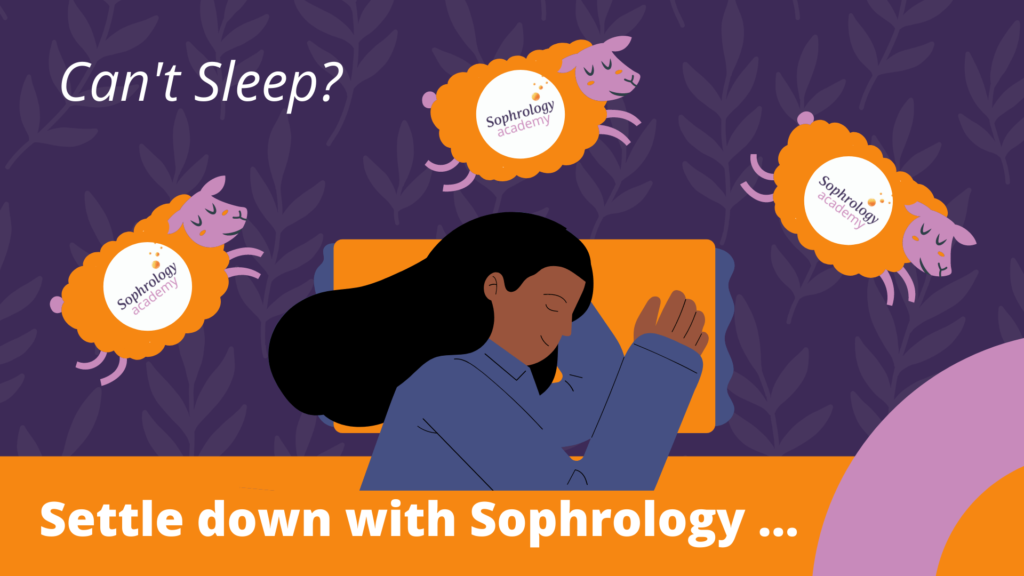Do you measure how much sleep you’ve had by how refreshed you feel in the morning? Perhaps you own a smartwatch, and you know – down to the minute – when you fell asleep and when you woke up.
There’s more to achieving a good night’s sleep than simply going to bed at a good time. Falling asleep and staying asleep can be pretty problematic for so many of us. So whether we just can’t seem to clock up enough hours or still feel groggy despite what our all-knowing technologies tell us, how do we ensure that we get the rest we need?
Making time for good sleep habits
A good night’s rest depends on how well, as much as how long you sleep. All too often, the day’s events can play like a bad movie we don’t want to watch when we switch off the light! And frustratingly, although we focus now more on wellbeing in general, we still tend to underestimate the importance of good sleep habits as part of our healthy living regime. Still, there are things that can get in the way of achieving the rest we need.
For example, when you go to bed is often influenced by your circadian rhythms – a natural cycle that can determine whether you’re a night owl or a morning lark! How long you naturally sleep comes into play too; some will wake after 5 hours feeling perfectly refreshed, and others need as many as 10 hours to have the va-va-voom needed for the day ahead. Add to this the demands of early or late shifts, children and social life, and you can start to find the perfect night’s sleep is little more than a pipe dream (pun intended:).
Experimenting with Sophrology
If sleep is evading you, it can be a great reason to hit the ‘reset’ button and do a little experimentation with bedtimes, sleep routines and waking times. Whilst we might often feel that we are the whims of our complex brains, there is plenty that you can do to improve when and how well you rest! Sophrology, as part of that experimentation, can help you to set and maintain a healthy sleeping regime.
The Sophrology method has long been a popular solution across Europe for sleep problems (as well as issues like worry, anxiety and burnout!). Many who struggle to fall asleep, stay asleep, or experience chronic restlessness during the night swear by the techniques used, which can be adapted easily for every age and level of ability. One common exercise used is ‘Square Breathing’ and another is a simple Body Scan.
Try doing a Body Scan when you’re ready to go to sleep. Bring your attention to each part of your body in turn, focusing there and letting it relax – head and face, throat and neck, shoulders and arms, chest and upper back, abdomen and lower back, hips, legs and feet. Move slowly through your whole body from head to toes. If you wake in the night, try ‘Square Breathing’ – counting evenly for each of the four stages of a breath cycle – inhale – pause – exhale – pause. Find your own comfortable count and take a few minutes to give your breathing this gentle stability.
Evidence of the effectiveness of exercises like these can be found in several research studies which suggest that Sophrology reduces insomnia symptoms, improves our perception of sleep quality, and even benefits activity levels during the day. Altogether, these help to create a more positive sleep mindset, even reducing pre-sleep anxiety. For those who dread the prospect of a sleepless night, this is welcome news indeed!
Dream more, learn more
Whilst sleep is incredibly important to maintaining your physical wellbeing, it’s also key to memory function, and the full power of sleep is unleashed when we spend sufficient time in the right sleep state. Studies suggest that Slow Wave Sleep (SWS) is crucial for storing memories and learning new information. During sleep, it’s thought that the day’s memories are kept in a ‘fast-store’ system and slowly integrated with long-term memories during SWS – which is when we dream.
Importantly, rather than being overwritten, our long-term memories are combined intelligently with the new memories, enabling us to build on our existing knowledge. So, as dreaming helps us to learn from the days’ events – it makes sense to prepare for dreamtime long before our heads hit the pillow …
Good days, better nights
Periods of mindfulness, relaxation and gentle exercise throughout the day can give our minds and bodies ‘mini-breaks’ to help process the day’s events. All this can make it easier on our brains when we finally switch off the light’. Used during the day, Sophrology’s gentle and straightforward exercises help us to ‘reset’, and resume our day in a calmer and productive way, making for an easier wind down in the evening.
Teach your brain to sleep with Sophrology
Mireille Barreau – Sophrology Academy teacher, and specialist in sleep disorders, explains this in a recent interview with Vanessa Mayneris for her sleep blog.
“At its heart, Sophrology allows you to reconnect body, mind and emotions. When practised, you get better at recognising and acting on these interactions, and it opens a totally new field of possibilities. You learn to recognise what happens within yourself during your day and how to rebalance yourself, which will in turn lead to better sleep as you learn to prepare for the night by acting on your day.
Further, Barreau explains that Sophrology enables those who practise the techniques to better control how events affect them, making it easier to ‘let go’ of the day’s residue and fall asleep more easily.
It makes sense. Learn to control your response to external events throughout the day, and your brain practices that same learning at night, allowing you to relax and switch off when it’s most needed.
The wider reach of Sophrology
A good night’s sleep can of course, help towards a good day’s work, and this is just one of the many reasons that Sophrology is finding its way into wellbeing programmes and workplaces, as well as becoming a popular career choice for those interested in helping others in a therapeutic context.
Recently, too, sleep technology awoke to the potential of Sophrology with the sleep gadget, ‘Morphee’ – a standalone tool for aiding relaxation and inducing sleep. Of course, it’s best used alongside daily Sophrology practices. Still, its release highlights the growing awareness of Sophrology’s effectiveness as a sleep tool.
Indeed, as we move towards a more awakened society, the value of Sophrology is garnering interest across every aspect of our lives. Whatever our needs, Sophrology can improve our sense of wellbeing by day, to create for ourselves, a calm space at night for that all-important good night’s sleep. And so much of our resilience and positivity depends on how our day begins and ends – it really should be a higher priority for us all.
Find out more about Sophrology Academy training programmes or get in touch for an informal chat about how Sophrology can help you.


